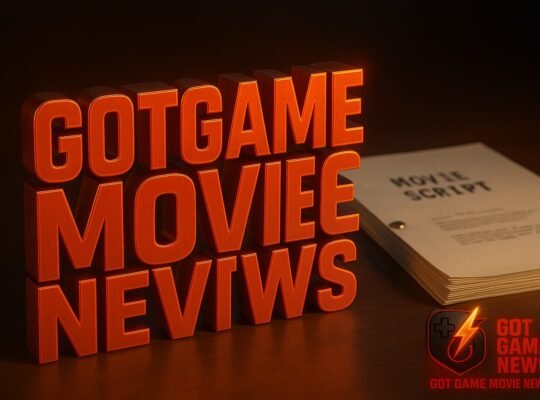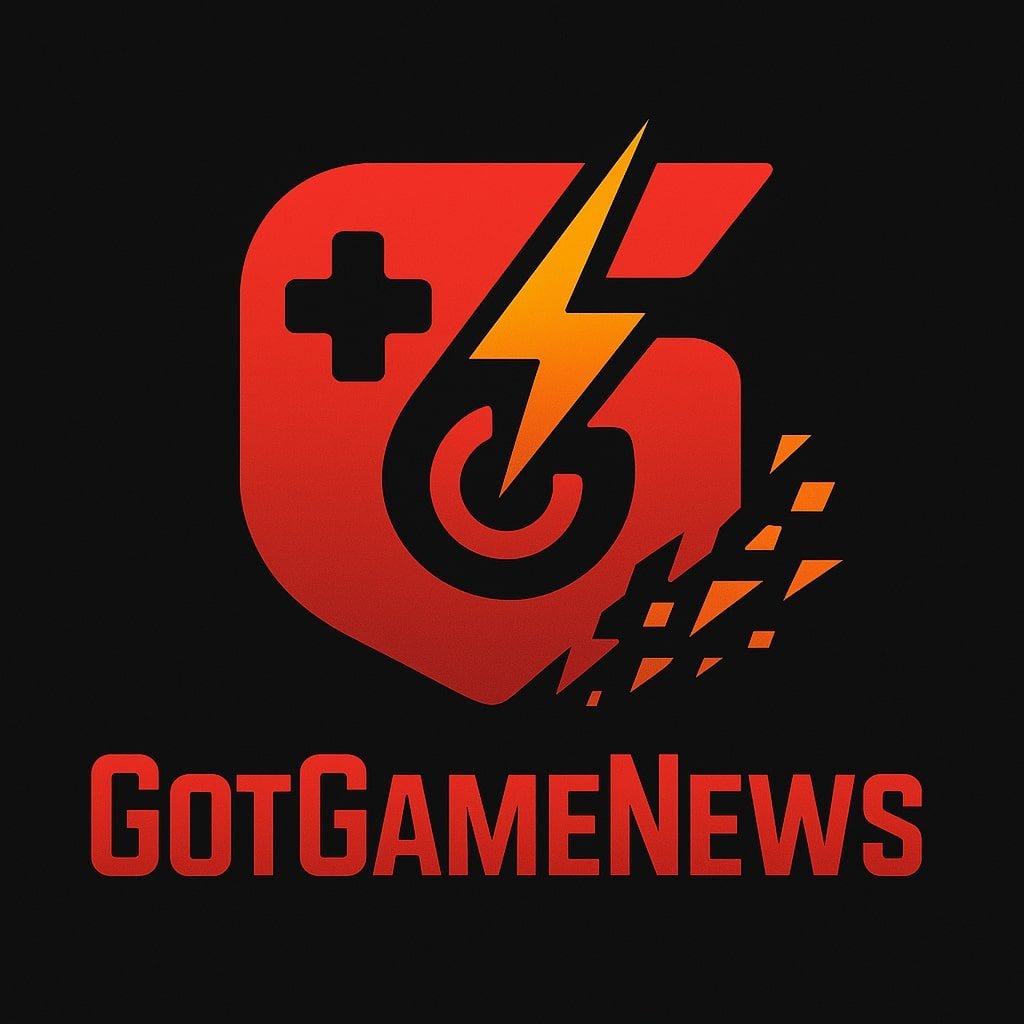In a crossover event no one saw coming, Disney and NBCUniversal have joined forces—not to make a billion-dollar crossover, but to sue the pants off Midjourney, the popular AI image generation platform. The lawsuit, filed June 11 in California’s Central District, claims Midjourney has been illegally training its models on copyrighted images of iconic characters like Shrek, Elsa, Buzz Lightyear, and Darth Vader.
You read that right—Hollywood is officially pissed. And for the first time, they’re swinging back at AI in court.
Wait… What’s the Legal Definition of “Shrek” Now?
As part of the lawsuit, Disney and Universal had to define their IP in extremely precise legal terms. That means, somewhere in a very serious federal document, Shrek—yes, our beloved swamp ogre—is being described down to the nostril.
Twitter/X users exploded over this tidbit, with tech analyst Ed Zitron gleefully posting that we now have a government-certified definition of Shrek. This is history, people.
“We have a legal definition of Shrek now. This is how civilizations are measured.” — Probably some guy on Reddit, right now
What Led Up to This Ogre-Sized Showdown?
Midjourney, like many generative-AI platforms, trained its model using vast internet image data—which, let’s be honest, is absolutely saturated with pop culture. That means millions of images from Disney, DreamWorks, Marvel, and Star Wars franchises got slurped up like Go-Gurt into its training corpus.
The result? Users could generate surprisingly accurate renditions of licensed characters. Want Darth Vader doing yoga? Or Shrek cosplaying as Geralt of Rivia? Midjourney made that disturbingly possible.
Hollywood didn’t love that. But until now, they hadn’t formally taken a shot. Disney and Universal are the first major studios to sue a generative AI company head-on. Gloves off. Swamp rage activated.
What They Want (Besides Justice for Donkey)
The suit calls Midjourney a “bottomless pit of plagiarism” and asks for:
- A jury trial (spicy)
- Damages (probably a mountain of money)
- An injunction to stop all current and future infringing content
They argue that Midjourney’s AI violates copyright by reproducing characters in ways that aren’t transformative enough to count as “fair use.”
Why Gamers and Creators Should Care
This isn’t just about Shrek memes—this case could reshape the future of generative AI in entertainment and gaming:
- Licensing Showdown: If Disney wins, AI devs might need to license all IP used in training. That means stricter models, less flexibility, and possibly fewer free AI tools.
- Creative Filter Wars: Platforms might need to build “smart filters” that block anything that even smells like a copyrighted character. Expect prompts like “Elsa but not Elsa” to start triggering error messages.
- Content Creator Chaos: Artists, VTubers, streamers, and game devs who use AI to create avatars or concept art could be caught in the blast radius if the rules change overnight.
What’s Next for Midjourney?
Midjourney hasn’t officially responded yet, but they’ve got a few cards they might play:
- Motion to Dismiss: Argue that their outputs are transformative enough and protected by fair use.
- Blame the Prompt: Claim it’s not their fault users are typing “Shrek x Thanos fan art” into the prompt box.
- License Up: Do what OpenAI and others are starting to do—start cutting deals with content holders to stay in the game.
What If This Goes Full “Ready Player Lawsuit”?
The cultural irony here is golden: Shrek, an icon of anti-copyright chaos (remember Smash Mouth?) is now the poster-ogre for IP lockdown.
It’s also a huge moment for the AI industry, which until now has coasted on the idea that anything online is fair game. If Disney and Universal win, it sets a precedent that could force AI companies to treat copyright more like a minefield than a playground.
In short: it’s like we just aggro’d two raid bosses, and they’re casting DMCA Hellstorm on cooldown.
Final Thoughts (and Memes)
This lawsuit is giving us:
- ✨ A legal definition of Shrek
- 🔥 The first major AI copyright war
- 🤯 Potential ripple effects for art, modding, and content creation
Whether you’re a dev, gamer, or meme lord, this case matters. The line between fair use and fan art just got blurrier—and the courts are about to draw it for real.






